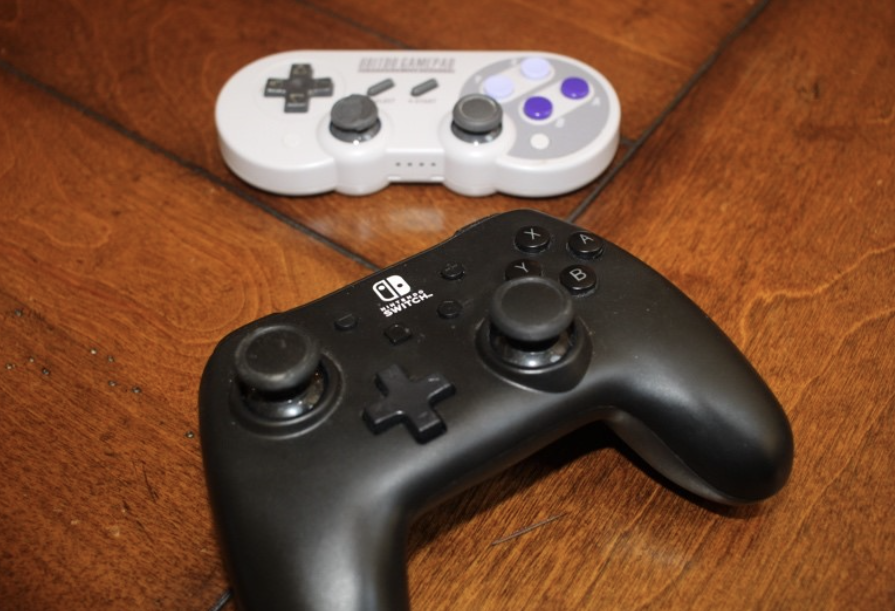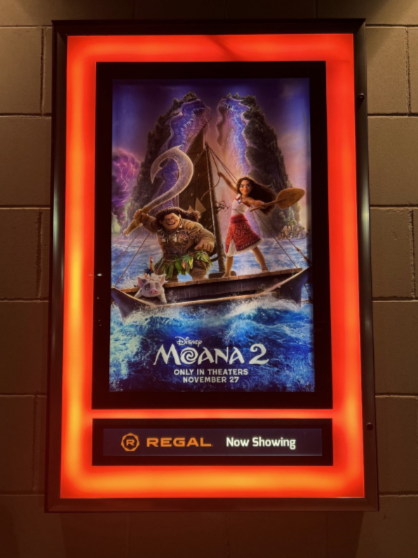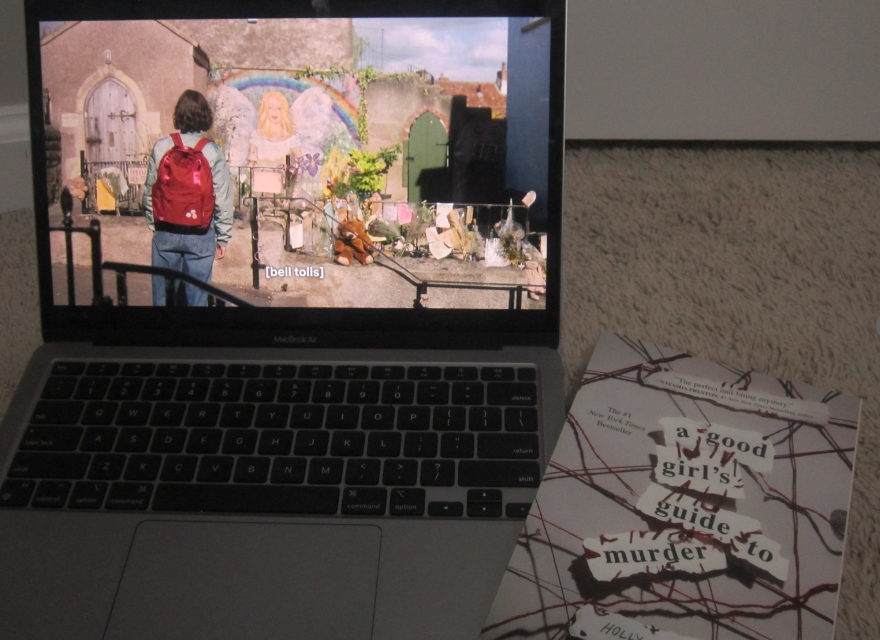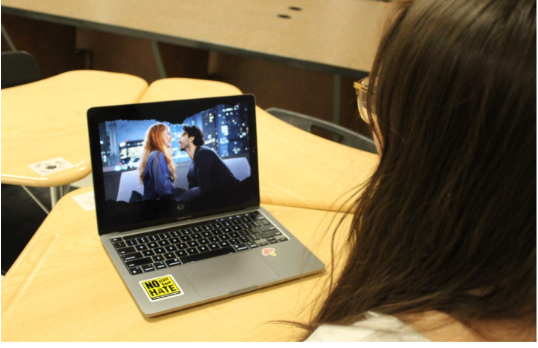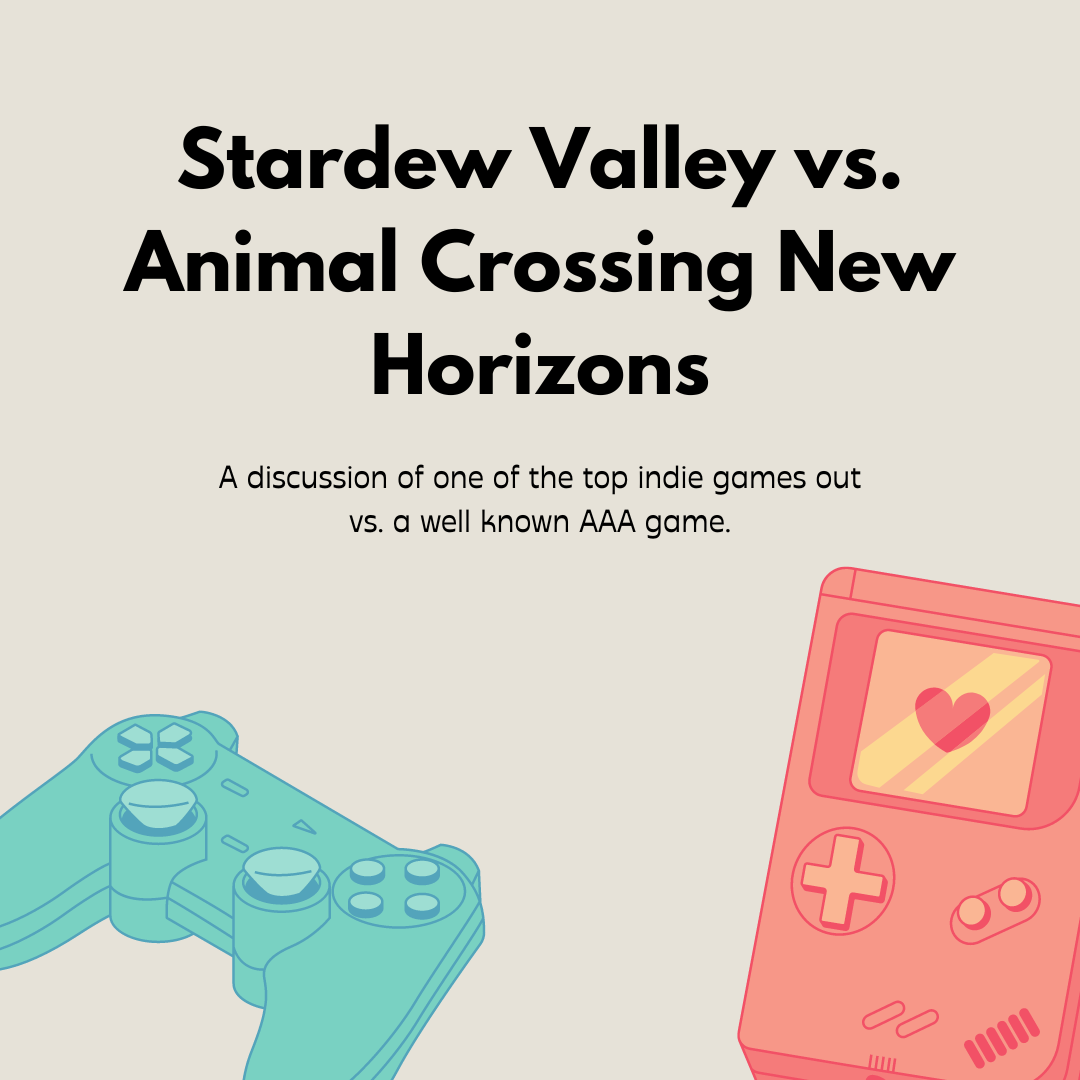Video games: a passionate hobby for billions of people across the globe. They span across a seemingly unlimited number of different categories, from puzzles, strategy, role playing games and more—but one of the most popular of these is online multiplayer games. e
Many online multiplayer games include the ability to voice chat with your teammates live during a match. These features were implemented so gamers could better connect and communicate with each other, whether it be through casual or competitive play, and to additionally grow closer as a community with a shared interest.
Most of these voice chats, however, are unfortunately incredibly toxic–especially against women.
Many have suffered a slew of sexist and hateful attacks when trying to enjoy a game they love, including serious cases of sexual harassment in tournaments and threats of rape online. It’s not as if these comments affect a small portion of the gaming community either: according to Statista, as of 2023, 49% of gamers in the United States are women, with 51% being men.
So how does this toxicity vary from game to online game?
A study focusing on Halo 3, led by University of New South Wales professor Michael Kasumovic and Jeffrey Kuznekoff of Miami University in 2015, highlights some of this bias. The experiment was rather simple: voice clips of both men and women were recorded and played via the in-game voice chat during the research team player’s matches, and the number of negative comments was tracked and recorded (the player also kept their performance consistent as to not affect the data).
What did they find?
The results were quite revealing: the researchers discovered that the majority of online Halo players that received negative comments were women—additionally, they deduced that the majority of these came from men blaming women for their own poor performance in comparison.
This seems to be a trend across multiple online video games, with female gamers having a similar experience in the hit video game series Call of Duty (COD), a popular First Person Shooter (FPS).
Twitch streamer Marie, who frequently streams and uploads her plays on COD, has revealed multiple audio and video clips of the hateful comments she gets routinely.
Many of her opponents and teammates express shock with the fact that she’s a girl, with some threatening to uninstall the game because they were “beaten by a female” and a plethora of negative remarks regarding her physical appearance.
Toxic rhetoric isn’t something that just notable Twitch streamers have to deal with, as many student-aged girls also go through it repeatedly when simply trying to play online games.
Robyn Schwarzwalder, a sophomore at Patriot High School, has plenty of experience in video games, as she has been playing since around the age of 7 and has played a variety of genres.
When asked if her or any of her friends that she has played with or knew experienced any sexist remarks, she responded:
“I could list plenty of people: I’ll give an example, Kaylee, who was my teammate during the time of when I did ESports for the school. We were very good friends, so I would just play games with her for fun…but every now and then, there would be people in our lobby who were toxic to us because we are women.”
Schwarzwalder also expressed how aware she was on the issue, and how many gaming companies haven’t taken the appropriate steps to mitigate it:
“[Sexist remarks are] a more common scenario to happen online, especially in gaming as a woman. I would say most companies or dev [development] studios try to change the toxicity in their own game, but most of the time nothing really changes. No matter what, people will always find a way to get their hate speech out if they’re mad at you. While games will ban you there is nothing stopping you from using other resources, or just creating an alt [alternate account] to continue the harassment.”
It’s true—while many gaming companies have shown some awareness on the issue, the video game industry is notoriously known for its struggles against getting rid of sexist attitudes.
While it’s certainly a problem that is difficult to get rid of, there are still things that can be done on an individual level to alleviate its detrimental effects. Spreading awareness by asking your own friends about their experiences, noticing and fighting the issues in your own gaming community, and doing more research about resources to support that help eliminate the problem are all great ways to combat it in your own way.
While this hateful rhetoric is far from gone, we as a community have the ability to make great strides and have a lasting impact on the gamers around us: the first step is beginning to educate ourselves and others on the issue and how to fix it.


